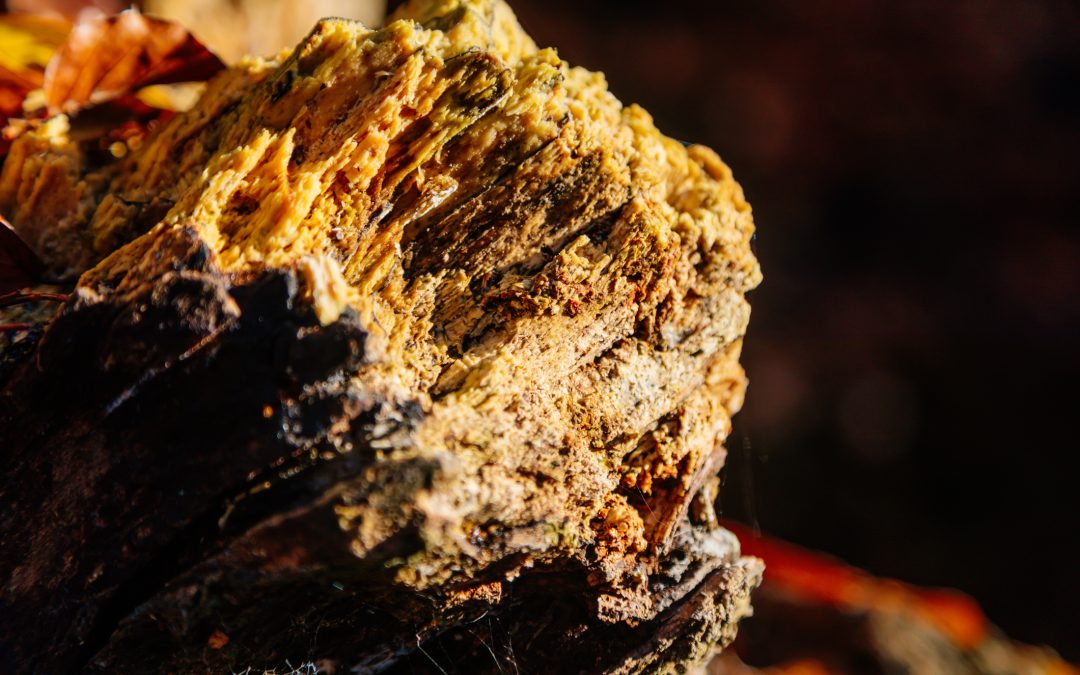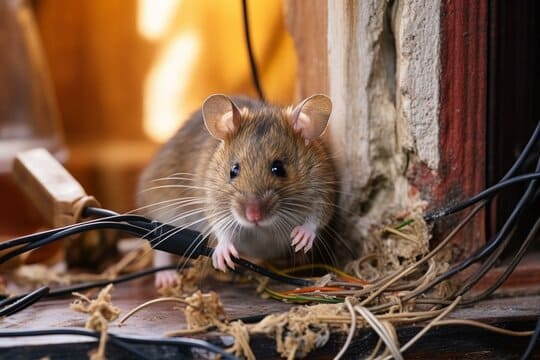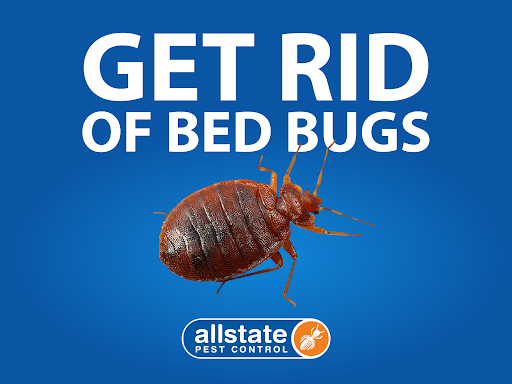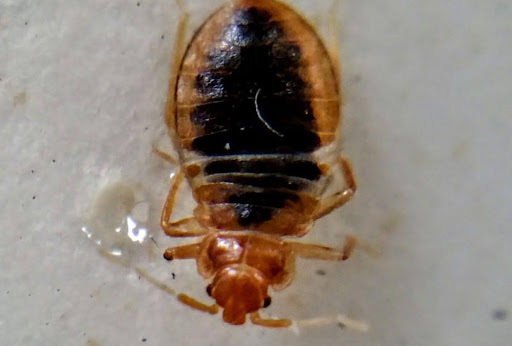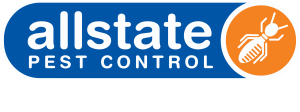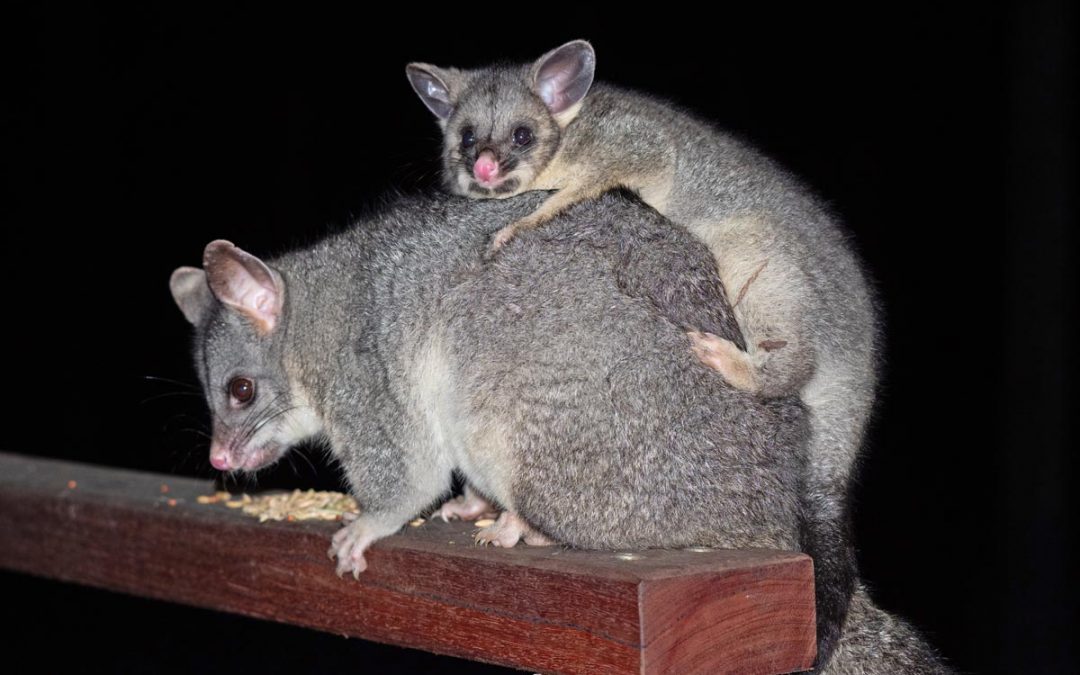
How to stop possums entering your roof space
They’re messy, destructive and cause a racket in your roof at night! In this Hivemind blog, we’re sharing 4 ways that you can prevent pesky possums from nesting in your roof so you can reclaim your beauty sleep once and for all.
What questions will this article answer?
Why are possums attracted to my roof space?
The increased competition for nesting sites in urban areas leads possums to actively seek out alternative accommodation.
Reasons to avoid a possum outbreak
They exhibit aggressive behaviour when they feel threatened, cause a mess, nocturnal disturbance, property damage and spread disease.
How to tell if you have a possum infestation
You’ll hear sounds coming from your roof at night, they leave behind droppings and an unpleasant odour with their urine, and make distinct nests.
4 ways to stop possums from entering your roof space
Proof entry points, conduct regular yard maintenance, remove food sources and use natural repellents.
Professional possum management
We’ll install a one-way door at the possum entry point and leave a cage trap to capture it, before releasing it to a new nesting box within 50m away.
Choose Allstate for safe and humane possum control
Available 24/7 for urgent enquiries, our licensed and highly trained technicians are fully equipped to tackle possum outbreaks in a sensitive and humane manner.
Why are possums attracted to my roof space?
Developed urban areas have less available tree hollows for possums to seek shelter.
This creates more competition for suitable nesting sites, which forces possums to find alternative accommodation in your roof!
While peak breeding season normally happens in spring, different species can mate in any season. Many will also actively seek warmth and shelter in the winter months, so the risk of finding possums in and on your roof remains all year long, unless you actively take steps to stop them.
Reasons to avoid a possum outbreak
While many homes in Adelaide have possum visitors every now and then, they don’t make the most ideal houseguests. Here’s why:
Aggressive behaviour
While they generally prefer to avoid confrontation, possums will certainly display defensive behaviour if they feel threatened. You’ll see them bare their teeth, hiss or screech at you during unexpected encounters, and they may even bite or swipe if you get too close!
They’re messy
Lacking in table manners, possums will leave behind food scraps and droppings at feeding sites, and help themselves to flowers, fruit and vegetables from your garden.
Nocturnal disturbance
Because they are usually active at night, you’ll tend to hear them running on your roof and making unusual noises just as you’re winding down to sleep.
Property damage
With razor sharp teeth and claws, hungry possums are capable of gnawing on electrical cables, chewing on insulation and scratching ducts. This can increase the risk of electrical disruptions and fires occurring in your home.
Spreading diseases
Possums can carry a range of nasty germs and parasites which can be spread through human contact. This can lead to diseases such as Buruli Ulcer, leptospirosis, wobbly possum disease, tularaemia and bovine tuberculosis.
Are possums keeping you up at night? Speak to an expert today
 or
or
How to tell if you have a possum infestation
Although possums look cute and cuddly, having an outbreak in your roof is anything but pleasant! Here are some reasons why:
Nighttime movement
As nocturnal creatures, possums will be most active at night, so pay attention to thumping sounds as they scurry along your roof and ceiling around your bedtime, distracting you from rest!
Sounds coming from your roof
Possums are well known for making hissing, coughing, snarling, growling and even screeching noises. Sometimes, you may even hear them communicate with each other through chattering and clicking.
Droppings
Found in small piles in feeding areas, possum droppings appear dark brown to black in colour, are cylindrical shaped and around 15mm long.
Nests
Depending on the species, possum nests can look different. Brushtail possums prefer nesting in leaf-lined tree hollows. Ringtail possums construct unique “drey” nests out of twigs and leaves nestled high up in tree canopies.
Unpleasant odours wafting around your home
Possum urine smells strongly of ammonia.
4 ways to stop possums from entering your roof space
Keeping your roof space clean and possum-free isn’t difficult if you’re proactive in taking the following steps:
Proof entry points
Maintaining the integrity of your rooftop is a key factor in preventing possums from coming inside. Regularly inspect your roof for any potential sites of entry and cover or seal them. You can install mesh screens over vent and water tank openings, and grates over chimneys. Repair and replace dislodged roof tiles.
Yard maintenance
Remove easy access to your roof by trimming back trees, foliage, shrubs and bushes away from your home. Having fewer large trees in your yard will also provide less opportunities for possums to nest in your backyard. Dispose of all fallen and rotten fruit and vegetables, and sweep up piles of leaf litter. Secure rubbish bins, and keep outdoor dining areas clean.
Remove food sources
With an appetite for plant-based food, possums prefer feasting on fruit, vegetables, flowers and leaves. You can lower your chances of attracting possums if you reduce the number of plants in your yard. Do not leave pet food bowls out.
Natural repellents
Strong-smelling household items can be effective in keeping pesky possums away from your yard. You can make sprays by mixing water with garlic, camphor, quassia chips, fish sauce or even bleach and apply them around your yard. These will need to be reapplied regularly.
Safeguard your home from possums, get expert advice today
 or
or
Professional possum management
Dealing with possums in your roof is best left to the professionals. Not only do they become aggressive when they feel threatened, but possums are regarded as protected wildlife in South Australia. This means that you’ll need a Trap and Release permit to relocate possums within a 50m radius of your home.
At Allstate, our professional possum control service is carried out safely and humanely by our fully licensed technicians. This involves installing a one-way door at the possum entry point and leaving a cage trap to capture the possum, before releasing it to a new nesting box on a tree that is within 50m away.
We’ll also take steps to reduce the chances of possums returning to your roof by identifying and proofing all other potential entry points, and cleaning up the mess they’ve left behind.
Choose Allstate for safe and humane possum control
If the constant distraction of possums lurking around your roof and backyard is keeping you up at night, Allstate is here to help.
Since 1986, Allstate has offered high quality pest control services to homes and businesses in all suburbs of Adelaide. Available 24/7 for urgent enquiries, our licensed and highly trained technicians are fully equipped to tackle possum outbreaks in a safe and humane manner, whether you’re in a residential, commercial or industrial setting.
All our pest control treatments come with competitive warranties and access to payment plans, so you can reclaim your sleep (and sanity!) from pesky possum guests running rampant in your roof – sooner rather than later.


